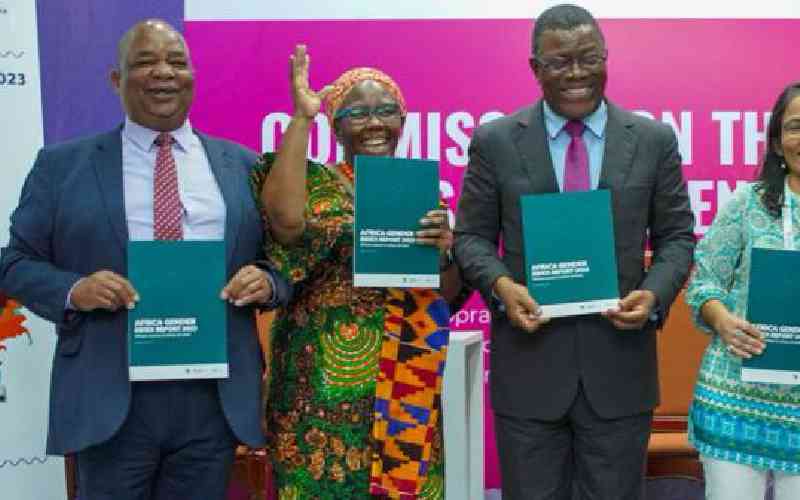
A new report by the African Development Bank Group and the United Nations Economic Commission for Africa (ECA) has revealed that African women have made significant strides towards gender equality in recent years. However, the continent still has a long way to go to achieve full parity.
The Africa Gender Index 2023 Analytical Report shows that women in Africa have improved their position across economic, social, and political spheres, but challenges persist. While women have made significant progress in education and healthcare, they continue to face barriers in economic participation and political representation.